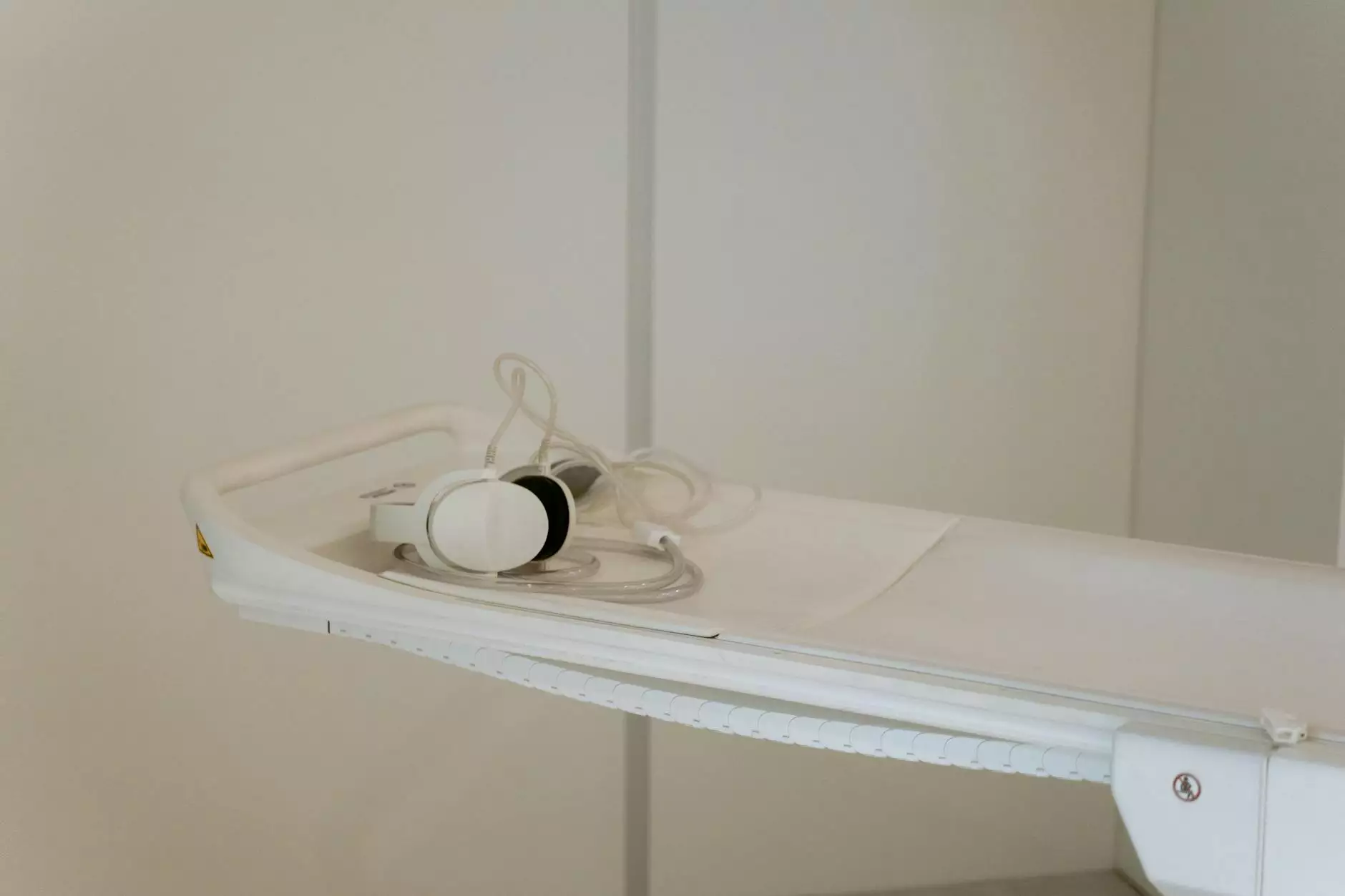Understanding the Role of MRI Service Providers in Modern Healthcare

The healthcare landscape is continuously evolving, with technology playing a pivotal role in enhancing diagnostic capabilities. Among the various medical imaging techniques, Magnetic Resonance Imaging (MRI) stands out for its ability to produce detailed images of the inside of the body without the use of ionizing radiation. This article delves deep into the realm of MRI service providers, elucidating their significance in the health sector, the benefits they offer, and how to select the right one for your medical imaging needs.
What is an MRI Service Provider?
An MRI service provider is a medical facility or clinic that offers MRI imaging services. These providers are equipped with advanced MRI machines and staffed by skilled professionals, including radiologists, MRI technologists, and support staff. Their primary role is to conduct MRI scans, interpret the results, and collaborate with other healthcare professionals to diagnose and treat various medical conditions.
Importance of MRI Service Providers in Diagnostic Medicine
The significance of MRI service providers can be understood through several key points:
- Precision Diagnostics: MRI scans offer high-resolution images, allowing for precise diagnosis of conditions affecting the brain, spine, joints, and soft tissues.
- No Ionizing Radiation: Unlike X-rays and CT scans, MRIs do not expose patients to ionizing radiation, making them a safer option for repeated imaging.
- Comprehensive Imaging Capabilities: MRI can capture images in multiple planes, providing a complete view of the area being examined.
- Versatility: MRI is beneficial in diagnosing a broad spectrum of conditions, including tumors, injuries, and neurological disorders.
Types of MRI Scans Offered by Service Providers
MRI service providers typically offer a variety of scans tailored to diagnose specific medical issues. These include:
- Brain MRI: Used for evaluating neurological conditions such as tumors, strokes, and multiple sclerosis.
- Spinal MRI: Helps diagnose pain, herniated discs, and spinal stenosis.
- Joint and Limb MRI: Assists in assessing injuries or conditions affecting the knees, shoulders, elbows, and ankles.
- Chest MRI: Useful for evaluating heart conditions and lung disorders.
- Abdominal MRI: Aids in diagnosing issues related to organs such as the liver, pancreas, and kidneys.
Advantages of Choosing a Reputable MRI Service Provider
Choosing the right MRI service provider is crucial for obtaining accurate diagnoses and timely treatment. Here are some benefits of opting for a reputable provider:
- State-of-the-Art Equipment: Top-tier providers utilize the latest MRI technology, which enhances image quality and reduces scan times.
- Experienced Staff: Skilled radiologists and technologists ensure that scans are performed accurately and that results are interpreted correctly.
- Patient-Centric Care: Quality providers prioritize patient comfort and safety, including providing clear instructions and addressing any concerns.
- Collaboration with Other Healthcare Providers: Leading MRI centers often work closely with physicians and specialists to integrate imaging findings into comprehensive treatment plans.
How to Choose the Right MRI Service Provider
When selecting an MRI service provider, consider the following factors:
- Accreditation: Ensure the facility is accredited by relevant health authorities, such as the American College of Radiology (ACR).
- Technology and Equipment: Investigate whether the provider uses advanced MRI technology like 3T MRI, which offers improved resolution and faster scanning times.
- Provider's Experience: Look for facilities with a long-standing reputation and positive reviews from previous patients.
- Insurance Compatibility: Confirm that the provider accepts your insurance plan to avoid unexpected costs.
- Location and Accessibility: Choose a conveniently located provider for easy access, especially when repeat visits may be necessary.
The Future of MRI Services
The field of MRI is rapidly advancing, with innovations paving the way for improved patient outcomes. Here are some trends to watch:
- Artificial Intelligence: AI is increasingly being integrated into MRI interpretation, aiding radiologists in detecting anomalies more accurately.
- Portable MRI Machines: Development of compact MRI machines promises greater accessibility, allowing for scans in various settings outside traditional hospitals.
- Patient Engagement: Advances in patient participation through digital platforms empower individuals to understand their imaging results better and actively engage in their healthcare journey.
Conclusion
In conclusion, MRI service providers are indispensable partners in the healthcare continuum, delivering essential imaging services that facilitate the diagnosis and treatment of numerous conditions. By selecting a reputable provider, patients can benefit from accurate diagnostics and enhanced healthcare outcomes. As technology advances, the future of MRI looks promising, offering even greater potential for improving patient care in the coming years.
For those seeking exceptional service in medical diagnostics, look no further than Echo Magnet Services. We are proud to be a leading MRI service provider, committed to delivering superior imaging services with patient-centered care at the forefront of our mission.









